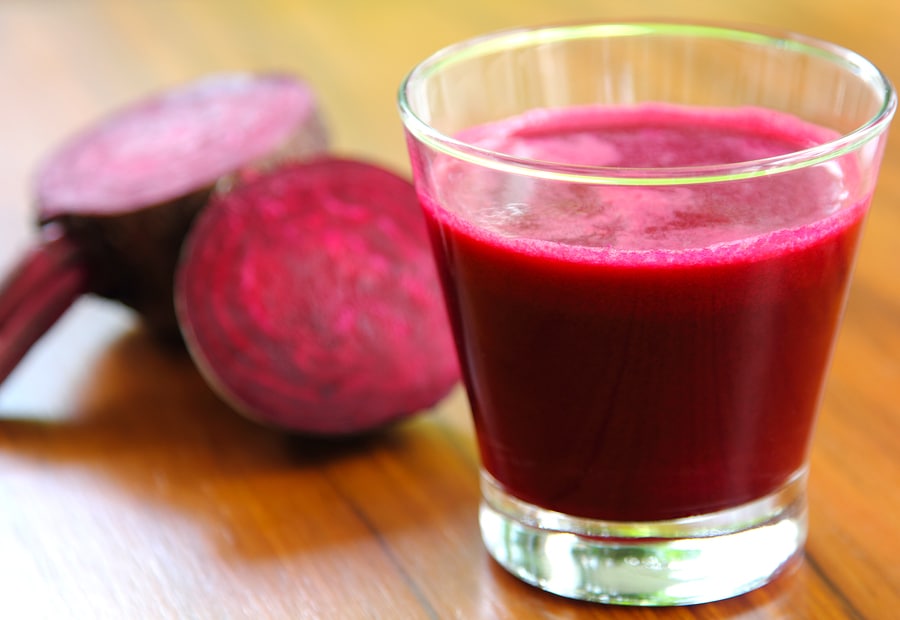Beets offer plenty of nutritional richness, but they're not what you might call a "glory vegetable." They aren't particularly pretty and many people just don't have a taste for them—even into adulthood. This is unfortunate because the red, bulbous root is filled with highly beneficial nutrients.
Over the past few years, many athletes have greatly increased their intake of the humble beet. Specifically, endurance athletes have started consuming the juice in mass quantities. But why? As it turns out, some promising research has shown that beet juice benefits athletes in several ways.
The Studies
In 2009, researchers at the University of Exeter published their findings on beetroot juice and athletic performance in the Journal of Applied Physiology. In that study, subjects were asked to drink either nitrate-rich beet juice or a placebo of black currant cordial for six days before completing a series of physical tests, including a cycling trial. When they began taking their daily beet juice, the volunteers were able to cycle for longer than they were capable of otherwise, and the same benefits were not seen with blackcurrant cordial.
Another more recent study asked subjects to drink beet juice immediately following their workouts. The goal of this study was not to see if beet juice improved performance, but to see if it could decrease muscle soreness and speed up recovery. Thanks to its remarkably high antioxidant levels, beet juice did successfully reduce muscle soreness. Whole beet juice has also improved running performance as a whole.
What's Going On?
Initially, the performance-enhancing benefits of beet juice were attributed to its high concentration of nitrates. Once this class of nutrients enters your body, they are converted into a gas called nitric oxide (NO). This gas, in turn, dilates your blood vessels, decreasing blood pressure and increasing the amount of oxygen and fuel that can reach your working muscles. A later 2015 study published in Applied Physiology, Nutrition, and Metabolism confirmed that beet juice did increase NO levels and decrease blood pressure, but challenged claims to its increasing blood flow. The study's authors suggested this could be due to the type of workout they tested.
How to Use It
Regardless of precisely how beet juice benefits athletes, research repeatedly shows that it does. So how can you put this information into practical use? Yet another study looked specifically at doses and timing to come up with a useful protocol. To do this, subjects were given three different doses of beet juice and the levels of NO in their blood was measured at different intervals.
Here's the gist of what they found: The benefits of beet juice are entirely dose dependent—meaning that the more you consume, the more NO your body will produce. According to the study, "these findings have important implications for the use of beetroot juice to enhance cardiovascular health and exercise performance in young adults."
Beetroot juice has a number of benefits for performance athletes—and research consistently shows it. If you work out a lot, or are tough on your body, consider adding this root vegetable into your diet.
Related Articles

Hand Blender vs. Traditional Blender: How to Choose the Right Tool for the Job
Learn the differences between a hand blender and a traditional blender, and how to choose the best blender for the job.

How To Do Fondue
Enjoy these tasty fondue recipes in your Vitamix blender!
